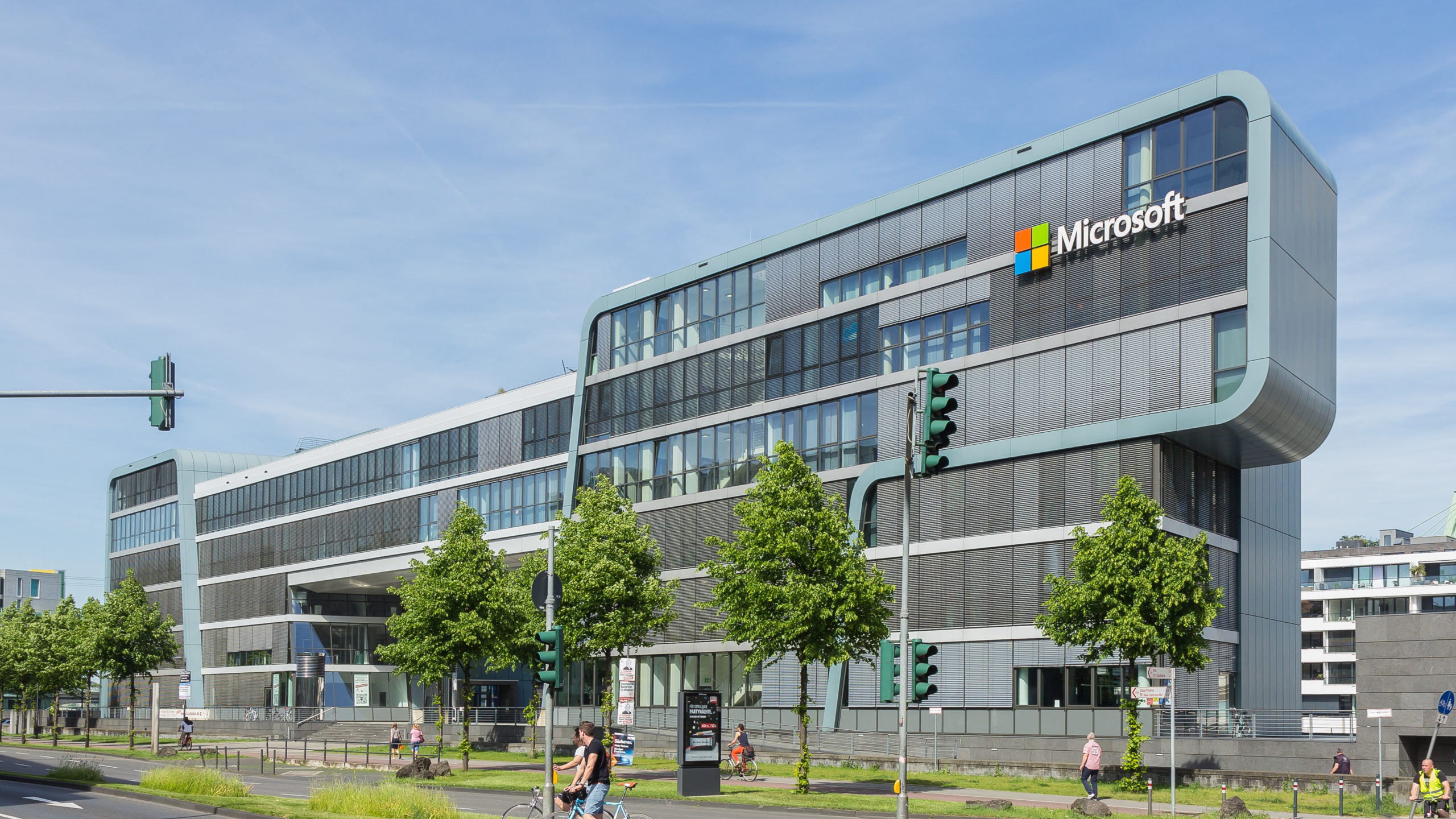India stands for a technological revolution because of its large skill pool and expanding market. The technology industry is quickly changing the nation’s economic environment. It includes information technology (IT), software services, and emerging technologies like blockchain, the Internet of Things (IoT), and artificial intelligence (AI). This blog explores the reasons for the notion that India’s technology sector represents its future, emphasizing the sector’s enormous potential, new trends, and major growth drivers.

IT and Software Services Industry
India has always been a major player in the global IT and software services sector. With important tech centers like Bangalore, Hyderabad, and Pune, the nation has made a name for itself as a top provider of outsourcing and IT services. Enterprises such as Wipro, Infosys, and Tata Consultancy Services (TCS) have garnered global recognition, generating substantial income and job prospects.
Important Growth Drivers:
Qualified Workforce: With over 4 million people working in the IT industry, India has a sizable pool of highly qualified workers. The expansion of the industry has been largely attributed to the availability of skilled engineers, developers, and IT specialists.
Cost Advantage: India’s reasonably priced services are still drawing in business from around the world. High-quality deliverables combined with affordable price make India a popular option for outsourcing.
Government Initiatives: The IT sector has benefited from initiatives like Digital India, Made in India, and Startup India. These programs are meant to promote startups, improve digital infrastructure, and encourage innovation.
New Technologies: Creating a Future for Tomorrow
India’s technology landscape is about to be redefined by emerging technologies; even as traditional IT services continue to thrive. The nation is turning into a center for innovation in the cutting-edge sectors of AI, blockchain, IoT, and other fields.
Artificial Intelligence and Machine Learning
All industries are changing due to AI and machine learning. These technologies are being used in India in a variety of industries, including banking, healthcare, and agriculture. Supply chains are being optimized, consumer experiences are being personalized, and diagnostics are being improved by AI-driven solutions.
Healthcare: Predictive analytics and AI-powered diagnostics are transforming patient care by enabling early disease detection and individualized treatment regimens.
Agriculture: To assist farmers make educated decisions, machine learning algorithms are being used to evaluate crop data, forecast yields, and optimize resource consumption.
Finance: Fraud detection, risk assessment, and customer service are all being enhanced in the financial industry by AI-driven algorithms.
Blockchain Technologies
Because blockchain has the potential to improve efficiency, security, and transparency in a number of industries, it is becoming more and more popular in India.
Finance: By facilitating safe and transparent transactions, lowering fraud, and optimizing procedures, blockchain is transforming the financial sector.
Supply Chain: To ensure transparency and lower counterfeiting, technology is being utilized to trace and authenticate products from point of origin to consumer.
Healthcare: By enabling safe patient record sharing and boosting data security and interoperability, blockchain is transforming healthcare results.
Internet of Things (IoT)
Industry digitalization is greatly helped by the Internet of Things. Data is being collected and analyzed by smart devices and sensors, which improves consumer experiences and operational efficiency.
Smart Cities: To improve urban living conditions, IoT solutions are being used in smart city projects to monitor and control utilities, traffic, and infrastructure.
Manufacturing: IoT-enabled equipment is enhancing quality control, cutting downtime, and streamlining production procedures in manufacturing facilities.
Healthcare: Real-time health monitoring is made possible by wearable technology and remote monitoring technologies, which also improve patient care.
Startups and Innovation
India’s startup industry continues to grow because of the country’s innovative and entrepreneurial ethos. Many digital startups that are expanding the frontiers of technology call this nation home.
Startup Ecosystem: Venture Capital: Startups are able to grow and innovate because of the availability of private equity and venture capital investment.
Incubators and Accelerators: A large number of these organizations support entrepreneurs by offering networking opportunities, resources, and mentorship.
Government Support: By providing tax breaks, simplified compliance procedures, and financial assistance, programs such as Startup India are creating an atmosphere that is favorable for businesses.
The Road Ahead
India’s IT industry appeared to have a bright future as a number of variables are coming together to support steady growth. The success of the nation will largely depend on its capacity to leverage new technology, promote innovation, and make the most of its highly qualified labor force.
Priorities in Strategy –
Digital Infrastructure: To support the expansion of the technology industry, ongoing investments in digital infrastructure—such as data centers, cybersecurity, and high-speed internet—will be essential.
Skill Development: Programs for reskilling and upskilling will be necessary to guarantee that the workforce is relevant in the face of quickly advancing technologies.
Regulatory environment: The expansion of this industry will depend on the existence of a pro-innovation regulatory environment that protects and maintains data security and privacy.
Without a doubt, the technology industry in India is the country’s future, with the potential to boost employment, stimulate economic growth, and improve living standards for everybody. India’s strong IT sector, developing startup scene, and quick uptake of new technologies put the country in a strong position to lead the world in technology. A bright and sustainable future for India will be shaped in large part by the technology industry as the nation continues to embrace digital change.
